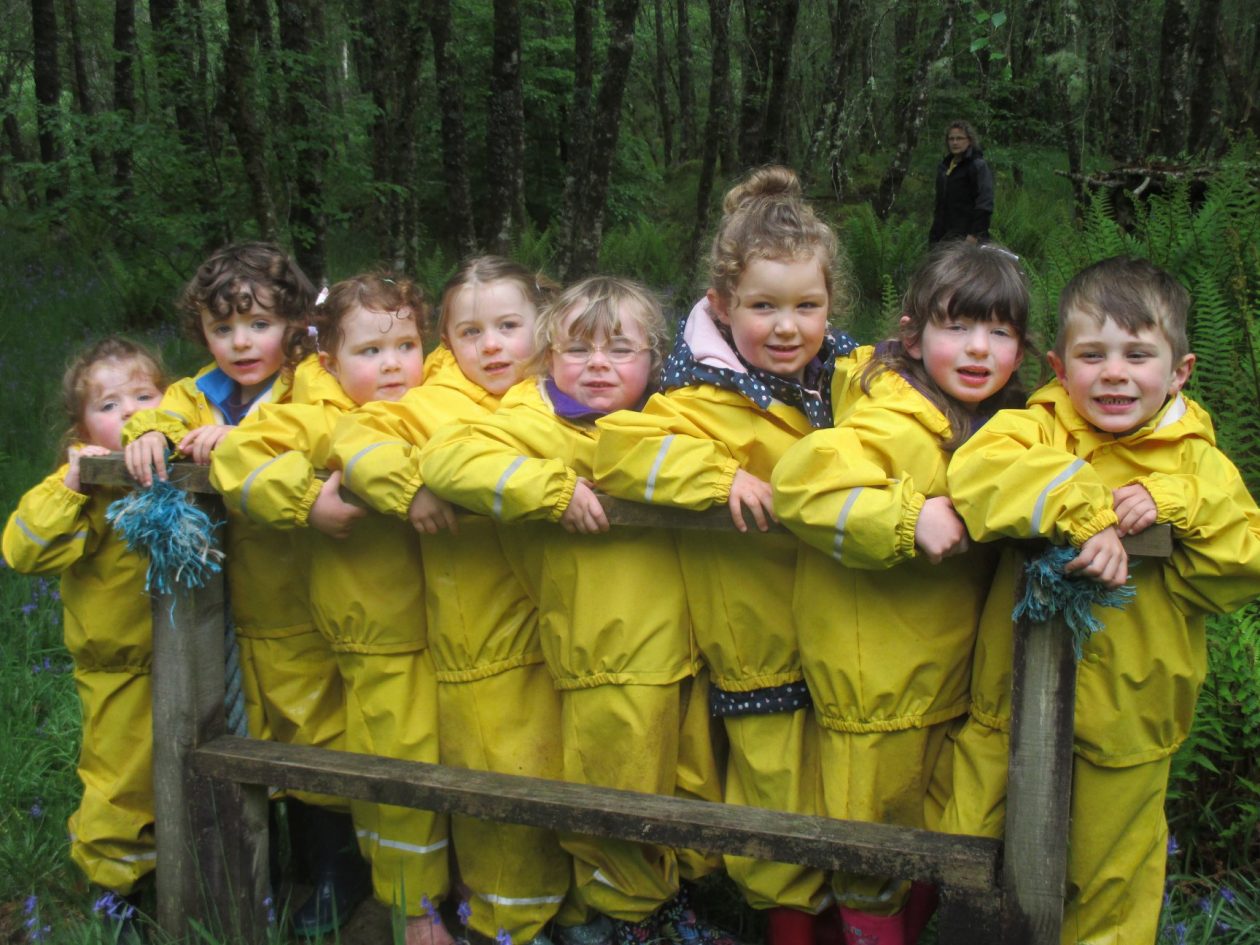Play Pedagogy ADD OUR TEAMS CONTENT TO THIS
Play pedagogy is a term you may hear practitioners talking about. It requires practitioners to take the lead from the children and actively respond to their individual and constantly changing needs. It is based on an understanding of how children learn and develop and the approaches that practitioners can use to enhance that process.
Play pedagogy takes into account the importance of play in young children’s learning. It balances opportunities for children to lead their own learning, with appropriate support from adults. In play pedagogy, children are supported by responsive practitioners who know when to step in and support or when to step back and observe, when to teach a new skill, or when to offer further experiences to extend and challenge learning. This means that sometimes children will be leading the learning and sometimes adults will be.
Play pedagogy ensures that children progress through the curriculum and learn in a way that is appropriate for their development. Children will progress as expected in all areas of the Early level curriculum including in literacy, numeracy and health and wellbeing.
What I need to grow and develop
Play pedagogy is based on an understanding of child development. It takes into account that children learn at different rates and in different ways. Section 3 of Realising the Ambition: Being Me provides key information about child development and the support that young children need to learn and grow. This enables practitioners to provide the right support at the right time for your child.

